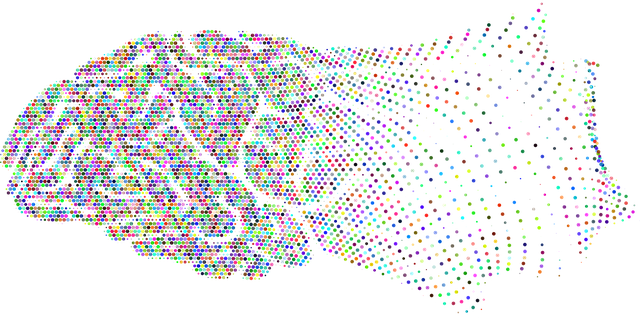Public awareness campaigns, like those employed by Englewood Anger Management Therapy (EAMT), are powerful tools for societal change, focusing on educating communities about critical issues like emotional well-being and conflict resolution. EAMT's holistic approach combines therapy sessions with community outreach, addressing anger management and underlying trauma, fostering empowerment, open discussions about mental health, and reducing stigma. An effective campaign requires structured planning, target audience focus, simple messaging, and strategies like workshops or social media campaigns. Regular evaluation ensures maximum reach and positive mental health outcomes in communities.
Public awareness campaigns are powerful tools that can shape societal norms, influence behaviors, and drive positive change. This article delves into the development of these campaigns, highlighting their crucial role in addressing critical issues. We explore strategies for creating effective initiatives, drawing insights from a successful case study—the Englewood Anger Management Therapy program. By understanding public awareness campaigns’ impact, you’ll gain valuable insights into fostering meaningful societal transformations, as illustrated by this remarkable initiative.
- Understanding Public Awareness Campaigns: Their Role and Impact
- Strategies for Effective Campaign Development: A Step-by-Step Guide
- Case Study: Englewood Anger Management Therapy – A Successful Awareness Initiative
Understanding Public Awareness Campaigns: Their Role and Impact

Public awareness campaigns play a pivotal role in shaping societal attitudes and behaviors by educating and engaging the public on various issues. These campaigns serve as powerful tools to bring about positive change, foster understanding, and encourage action. Their primary objective is to raise consciousness about specific topics, whether it’s promoting health initiatives, advocating for environmental conservation, or addressing social concerns like anger management.
In the context of Englewood Anger Management Therapy, public awareness campaigns can significantly impact communities by highlighting the importance of emotional well-being and conflict resolution skills. By incorporating practices such as Compassion Cultivation and Mind Over Matter principles, these campaigns can teach individuals effective mood management strategies. This, in turn, fosters a sense of compassion and resilience, leading to improved relationships and overall community harmony.
Strategies for Effective Campaign Development: A Step-by-Step Guide

Creating an effective public awareness campaign requires a structured approach that resonates with the target audience. Start by identifying a specific issue or behavior to address, such as anger management or depression prevention, and define clear objectives. Conduct thorough research on the target demographic to understand their needs, challenges, and existing knowledge about the topic—for instance, engaging folks in Englewood through Anger Management Therapy programs tailored to their unique circumstances.
Next, design compelling messages that are simple, memorable, and relevant. Incorporate storytelling and personal narratives to create an emotional connection, which is key to encouraging behavioral change. Implement these strategies through various channels like workshops, social media campaigns, or community events. For instance, organize Stress Management Workshops within local organizations and promote them widely. Regularly evaluate the campaign’s impact and make adjustments as needed to ensure maximum reach and engagement, ultimately fostering positive mental health outcomes in communities.
Case Study: Englewood Anger Management Therapy – A Successful Awareness Initiative

In Englewood, a diverse urban community, a pioneering initiative aimed at tackling a pressing issue within the local population emerged—Englewood Anger Management Therapy (EAMT). This case study exemplifies an effective public awareness campaign that targeted high rates of anger-related issues and associated mental health concerns. The program sought to reduce the stigma surrounding emotional regulation problems, often misunderstood as mere ‘anger management’ rather than a complex aspect of mental illness.
EAMT’s success lies in its holistic approach, combining therapy sessions with community outreach programs. By offering trauma support services and focusing on emotional regulation techniques, the initiative not only addressed anger management but also delved into underlying causes. This strategy fostered a sense of empowerment among participants, encouraging open discussions about mental health challenges prevalent in the area. The campaign’s impact extended beyond individual transformation; it contributed to a broader culture shift, where seeking help for emotional well-being became more normalized, thereby reducing the societal stigma associated with mental illness.
Public awareness campaigns, as demonstrated by the successful Englewood Anger Management Therapy initiative, play a pivotal role in educating communities and driving positive change. By following a structured approach, as outlined in our step-by-step guide, organizations can effectively develop campaigns that resonate with their target audiences. This ensures not only increased visibility but also meaningful impact, fostering healthier, more connected communities.














